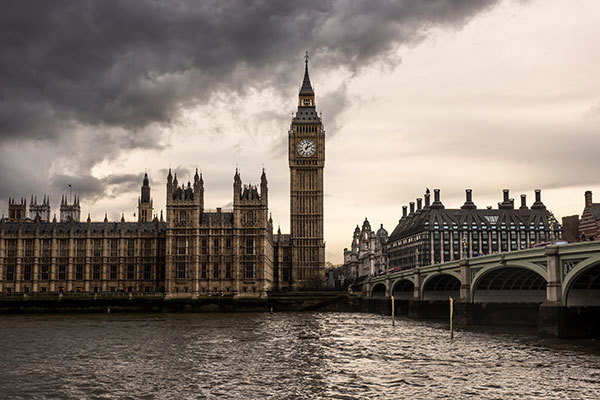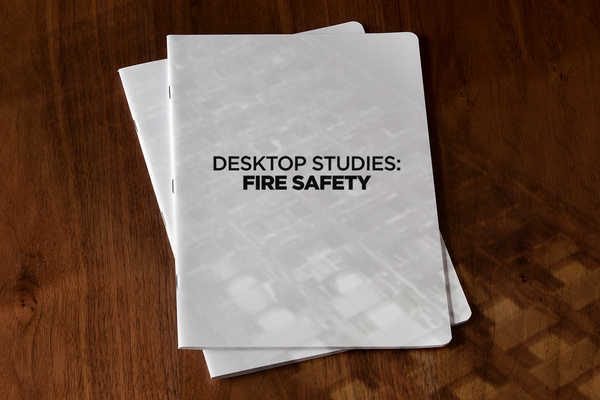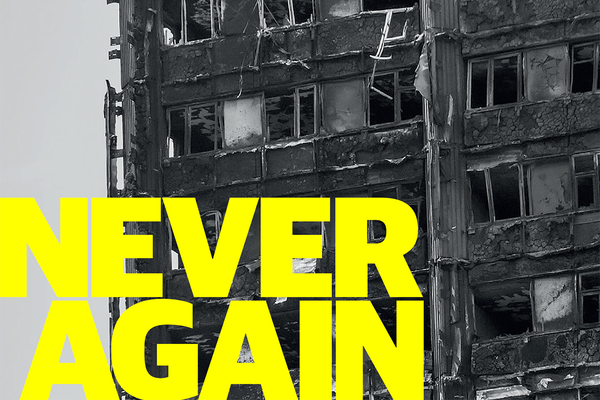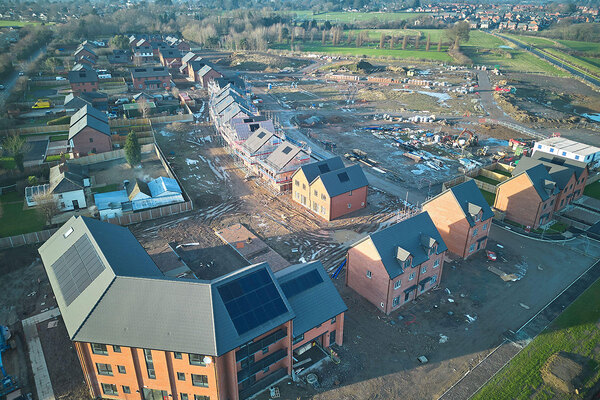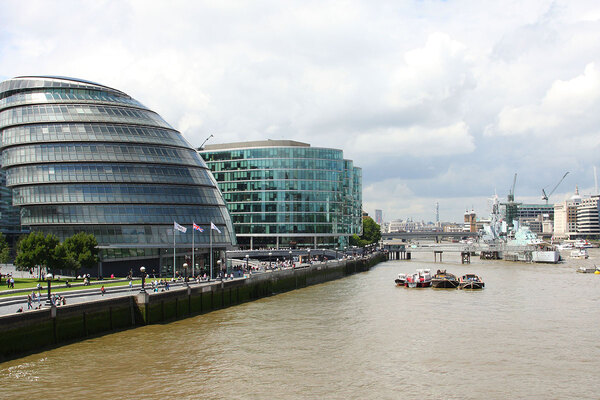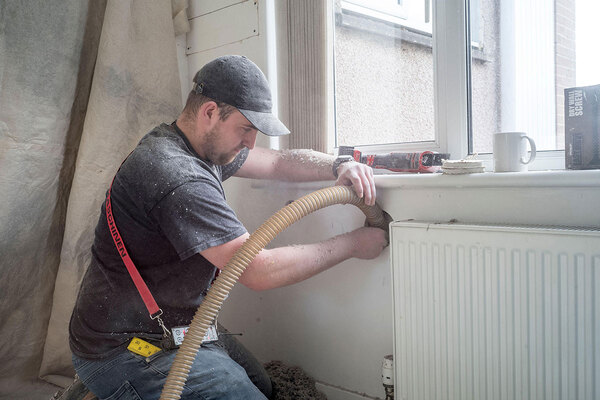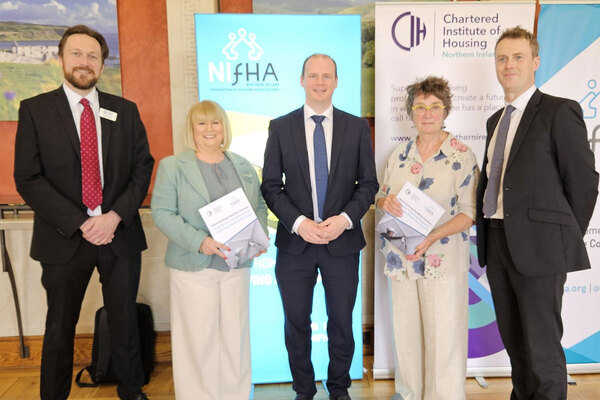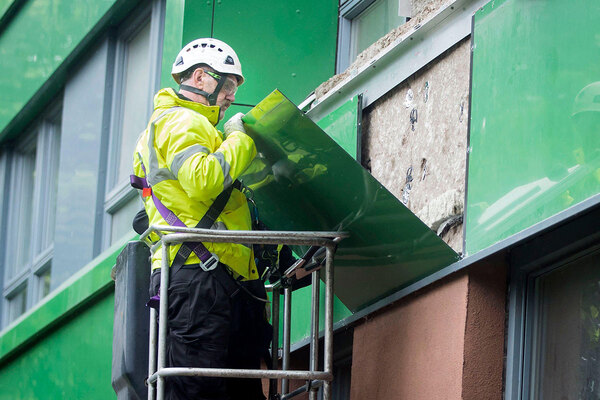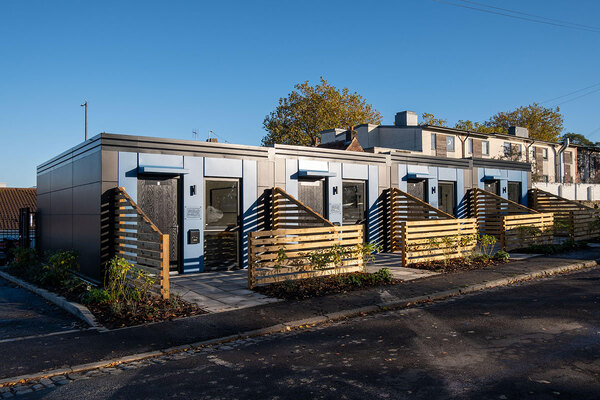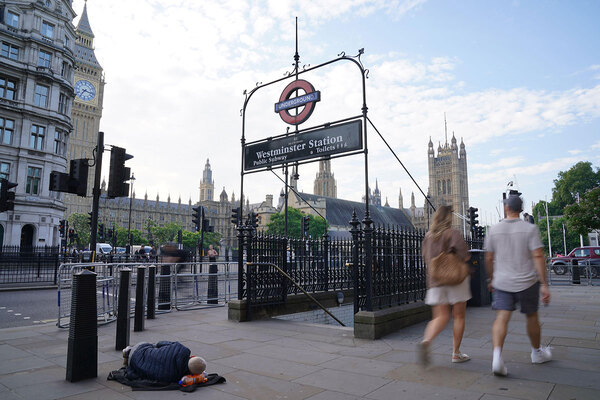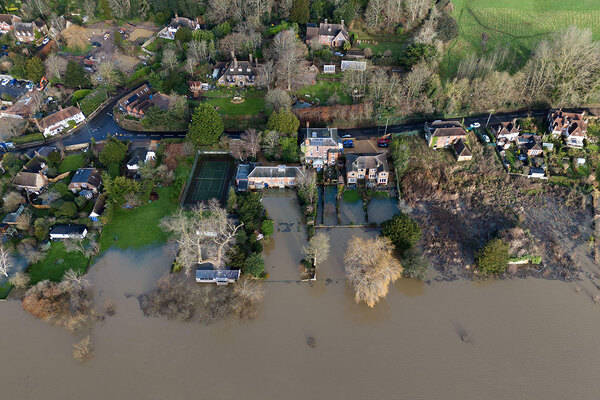Nearly 50 MPs warn against including use of desktop studies in fire regulations
Nearly 50 cross-party MPs have written to the government to warn against a “dangerous weakening” of building regulations.
The Ministry of Housing, Communities and Local Government (MHCLG) recently announced it would “revise the wording” of desktop studies in building regulation fire safety guidance – known as Approved Document B.
However, there is currently no specific mention of desktop studies in the guidance.
Desktop studies are used in place of carrying out a full-scale fire safety test on cladding systems for high-rise buildings.
But experts have warned against their use, with the National Fire Chiefs Council stating that trying to determine the fire resistance of a building material through a desktop study “may lead to errors or a reduction in safety margins”.
Approved Document B currently demands that insulation materials used on high rises are either of limited combustibility or can be shown to resist the spread of flame based on “full-scale test data”.
The guidance does not specifically say this can be proved through a desktop study.
However Inside Housing understands the government believes the wording of Appendix A, paragraph 1(b), which says materials can be assessed from “test evidence”, is a loose enough drafting to permit them.
The letter (below), which is signed by 47 Labour, Conservative, Green Party and Liberal Democrat MPs and addressed to housing secretary Sajid Javid, states it is “unfathomable” that the government’s response to the Grenfell Tower fire would be to make building regulations “less tough and less stringent” when it comes to the use of combustible materials on tower blocks.
It adds: “We are deeply concerned about the culture of cost-cutting and unsafe practice that came to light post-Grenfell”.
The MPs said any change to Approved Document B that permitted the use of desktop studies to allow combustible materials on high-rise buildings “would represent a significant and dangerous weakening of fire safety regulations”.
Insulation firm Kingspan has written to the Hackitt Review calling for desktop studies to be retained in building regulations. According to leaked notes from a meeting of the firm, seen by Inside Housing, it has been following a “strategy” to support their continued use since September.
One of the combinations of cladding and insulation which failed government tests in the summer had previously been cleared through a desktop study.
Click here to read our exclusive investigation into building regulations
However experts, including the Royal Institute of British Architects, have told Inside Housing that the use of desktop studies should be banned entirely.
The letter urges the government to ensure that any changes to building regulations do not result in combustible materials being cleared for use on tower blocks without a fire test taking place.
It adds: “Such changes would be totally unacceptable, highly dangerous and would put lives at risk.”
An MHCLG spokesperson said: “Dame Judith Hackitt recommended in her interim report that we should significantly restrict the use of desktop studies. We agree with this, and will shortly be consulting on revised guidance.”
Desktop studies letter
Re: Building regulations guidance – use of combustible materials
We are writing to you in light of recent reports that the government plans to include ‘desktop studies’ in official building regulations guidance for the first time, a change that would mean that combustible materials can be cleared for use on high rise buildings without testing.
In the wake of the Grenfell Tower fire we find it unfathomable that the government’s response would be to make building regulations less tough and less stringent when it comes to the use combustible materials on high rise buildings and tower blocks. We are deeply concerned about the culture of cost-cutting and unsafe practice that came to light post-Grenfell, and we await the publication of Dame Judith Hackitt’s review of building safety regulations.
We are deeply concerned that changes to Approved Document B permitting the use of ‘desktop studies’ for the use of combustible materials on the high-rise buildings would represent a significant and dangerous weakening of fire safety regulations. The Hackitt Review’s interim report called on the government to “significantly restrict” the use of desktop studies to approve changes to cladding, and we urge you to ensure that the government will not make any changes to regulations that could result in combustible materials being cleared for use on tower blocks in our constituencies without a fire test taking place.
On the 3rd July 2017 in an Oral Statement to Parliament updating the House on the government’s response to the Grenfell Tower tragedy you said that the government will “take every precaution to avoid another tragedy in buildings with similar cladding” and “what we can do, right now, is take sensible precautions to avoid another tragedy”. We call on you to be true to your promises and ensure that no changes are made to fire safety and building regulations that could make another tower block fire more likely.
Yours etc
Co-signatories:
Rt Hon Hilary Benn MP
Emma Dent Coad MP
What are desktop studies, and why are people concerned?
Building regulations say cladding systems which contain combustible insulation must be shown to meet specific standards based on “full scale test data”
A ‘desktop study’ is a means of making an assumption about whether or not a cladding system would meet these standards without actually testing it.
It involves using data from previous tests of the materials in different combinations to make assumptions about how it would perform in a test.
This is not specifically provided for in the current guide to building regulations, but the government believes they are loosely drafted to an extent which makes it permissible. It plans to redraft the guidance to include specific rules on the use of desktop studies for the first time.
The alternatives to a desktop study are full scale testing or not using combustible materials.
People are concerned about the process because it is based on assumption: at least one system cleared through a desktop study has failed a full scale test.
This is important for fire safety because mistakes may mean unsafe cladding systems being cleared for use on tall buildings.
Never Again campaign
Inside Housing has launched a campaign to improve fire safety following the Grenfell Tower fire
Never Again: campaign asks
Inside Housing is calling for immediate action to implement the learning from the Lakanal House fire, and a commitment to act – without delay – on learning from the Grenfell Tower tragedy as it becomes available.
LANDLORDS
- Take immediate action to check cladding and external panels on tower blocks and take prompt, appropriate action to remedy any problems
- Update risk assessments using an appropriate, qualified expert.
- Commit to renewing assessments annually and after major repair or cladding work is carried out
- Review and update evacuation policies and ‘stay put’ advice in light of risk assessments, and communicate clearly to residents
GOVERNMENT
- Provide urgent advice on the installation and upkeep of external insulation
- Update and clarify building regulations immediately – with a commitment to update if additional learning emerges at a later date from the Grenfell inquiry
- Fund the retrofitting of sprinkler systems in all tower blocks across the UK (except where there are specific structural reasons not to do so)
We will submit evidence from our research to the Grenfell public inquiry.
The inquiry should look at why opportunities to implement learning that could have prevented the fire were missed, in order to ensure similar opportunities are acted on in the future.
